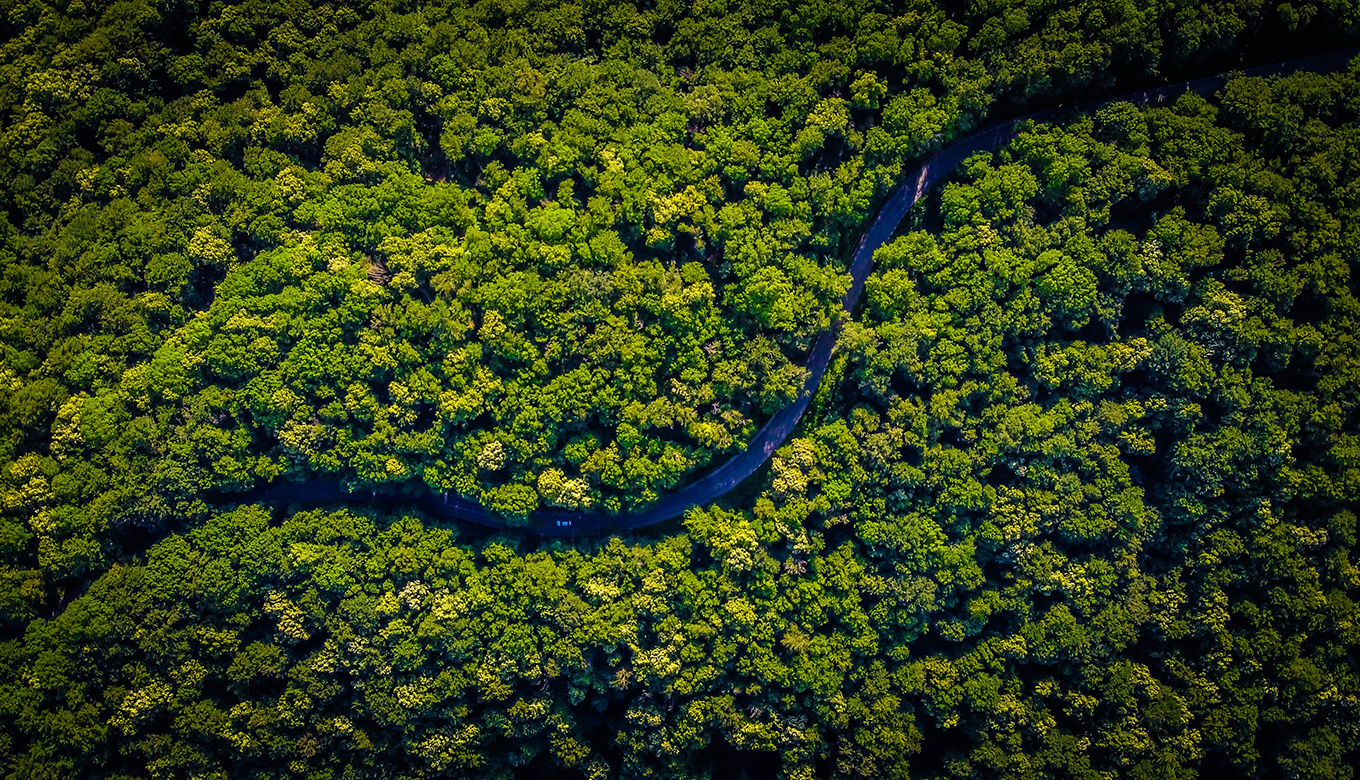“The world we want tomorrow starts with how we do business today.”
This phrase has driven Mars for the last 100 years.
As one of the most recognisable brands in the world, Mars has underpinned its operations with sustainability targets. One of these is to eliminate deforestation in its supply chain.
Now, they’ve successfully achieved that with their palm oil suppliers. They’ve managed this by mapping their suppliers and using that evidence to build a better way of working.
Deforestation & Palm Oil
There are more trees on Earth than stars in the Milky Way,[1] but since 1990 we’ve lost an area of forest larger than South Africa.
Palm oil isn’t inherently bad. It provides a vital income for family farmers and it’s a high-yield crop, using just 10% of land to generate 41% of the world’s vegetable oils.[2]
The problem comes from a huge global demand that encourages farmers to convert vital rainforest to palm oil plantations.
This loss of forestry has a huge impact on global biodiversity. 80% of the world’s land mammals and plants live in forests and deforestation in South America could be affecting global water cycles.[3]
Palm oil is one of the leading causes for deforestation, particularly in Malaysia and Indonesia.
The oil is in 50% of UK supermarket items, though it’s rarely labelled as such. Shampoo, lipstick, bread, ice cream and washing detergent can all contain it.
“Supply Chains Are Broken”
One of the driving forces for Mars to act is their belief that businesses must be the change agents for sustainability.
“Supply chains — the engines behind global business — are broken. The pandemic has made this even clearer, highlighting the systemic vulnerabilities impacting supply chain communities and health of our planet as well as the urgent need for business to transform buying and supply strategies and practices. Business as usual will not drive the transformational change that’s needed,” said Grant Reid, CEO of Mars Inc.
One of the issues with the global supply chain is a lack of transparency regarding who is involved. According to Human Rights Watch, palm oil is one of the commodities most likely to be produced using child labour.[4] These children face gruelling conditions with long hours spent weeding fields for little or no money.
The palm oil supply chain starts with three tiers:
- The palm oil plantation
- The mill
- The refinery
As Mars got deeper into the tiers, the facts about who was involved and what their operating practises were got less transparent.
What Mars has done
Before the project, UniFuji, a palm oil refinery, sourced from 780 mills and each mill could source from multiple plantations. Now, they have adopted a 1:1:1 principle – one refinery, one mill and one plantation before coming to Mars.
The initial project started in 2017 when Mars invited human rights group Verité to investigate the supply chain. The findings have created a framework for how to advance labour and environmental practises in palm oil.
Mars adopted their approach region by region until they covered their global remit. This has enabled them to drastically reduce the number of mills they are using from 1500 to fewer than 100, which is set to reduce to 50 by 2022.
This shorter supply chain enables greater transparency, which gives them the knowledge that their palm oil is being farmed responsibly and not causing deforestation.
Mars is going to create an open-source set of resources for all companies to use.
The Value Of Shorter Supply Chains
When Verité was working with Wilmar, another palm oil refinery, they discovered that it was common for refineries to have 80-90% of their oil from external mills and plantations.
This could be one of the reasons for Barry Parkin, Mars’ Chief Procurement and Sustainability Officer to comment that by “simplifying our palm supply chain, partnering with a smaller cohort of suppliers and rigorously applying the three M’s of mapping, management and monitoring, we can eliminate deforestation and advance respect for human rights.”
Mars has an annual turnover of $40bn (£31bn), covering personal care, pet food, veterinary practises as well as their much-loved chocolate brands, Mars, Twix and Milky Way.
The three factors of volume, global reach and variety create a complex supply chain with multiple tiers.
This leaves them vulnerable to bad practise, such as environmental and labour abuses, but also other risk factors that could disrupt supply of key goods and materials.
Their elimination of deforestation an incredible achievement.
How Did Mars Do It?
Mars used their “three M” model:
- Map
- Manage
- Monitor
To take evidence-based action, like Mars have done, you need to know what your supply chain looks like. Supply chain mapping is the process of determining who supplies what goods to you, and who supplies them, right the way down your supply chain to when your palm sprouts a seed.
Contingent securely captures data on millions of suppliers with market-leading sustainability, ESG and diversity data to support your mapping process.
Giving your procurement team this single source of truth on suppliers allows them to manage their supply chain and take a risk-based approach to prioritising actions. Higher risk goods or locations, such as palm oil in forested areas, can be targeted first.
We help you monitor current events and market changes with visualisations and real-time analytics and insights.
Conclusion
Mars’ goal is to have a deforestation-free supply chain across their agricultural products: beef, cocoa, palm oil, pulp and paper and soy.
Only by mapping their supply chain and understanding what’s happening in the lower tiers have they been able to achieve this in palm oil.
As Mars’ CEO, Graham Reid said: “Business can — and must — be powerful change agents for social and environmental change in order to have resilient, reliable supply chains and a more equitable and sustainable world.”
Talk to us on +44 207 157 9836 to discover what you can achieve in your supply chain.
[1] https://blogs.worldbank.org/opendata/five-forest-figures-international-day-forests
[2] http://palmoilscorecard.panda.org/file/WWF_Palm_Oil_Scorecard_2020.pdf
[3] https://www.nationalgeographic.com/environment/global-warming/deforestation/
[4] https://www.humanrightsfirst.org/blog/slavery-palm-oil-industry





